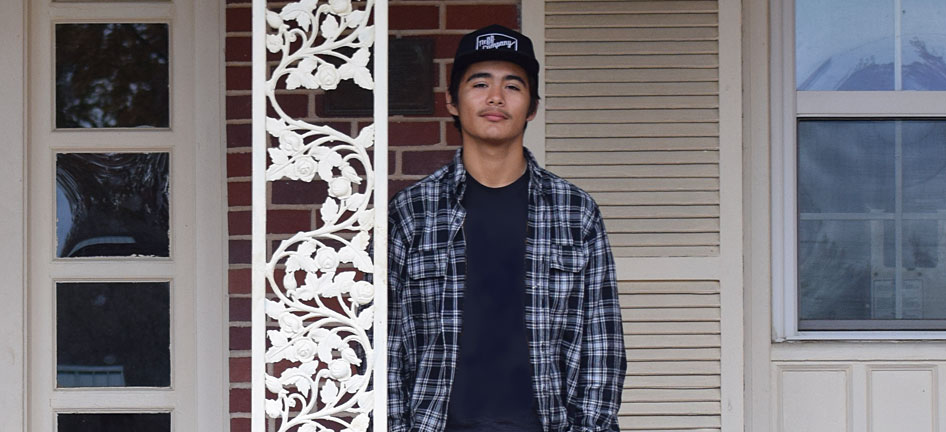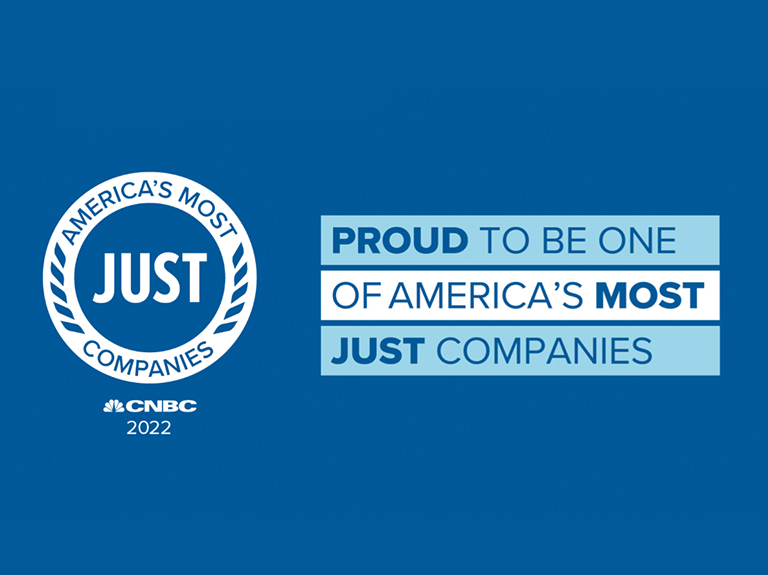The ICAE Adventure: Serving the First Americans

By: Chris Morgan, Employee Communications
Troy Stroble was 18, a member of the Muscogee Creek tribe and homeless. He spent his days at high school and his nights at a local skate park.
That was a month ago. Today, Troy is the first resident of the transitional program of the Murrow Indian Children's Home in Muskogee, Oklahoma.
The new transitional program is designed for kids who were in state or tribal custody because of abuse or neglect. The goal is to help these young people become adults. Among the life skills they take on: signing up for college classes, balancing personal budgets and taking care of their home.
The program for 18- to 21-year-olds is in place in part because of the efforts by Inter-Tribal Council of AT&T Employees (ICAE) and a $50,000 donation from the AT&T Foundation. ICAE is one of AT&T’s 12 Employee Resource Groups. Other groups include ones that represent LGBT employees, veterans, African Americans and employees with disabilities.
"We were honored to assist in this and other projects. The work for ICAE is just humbling. We serve our nation's first Americans," said Margo Bernath, ICAE's president.
Since Troy moved into the transitional program's cottage, he has put together a resume and signed up for a cell phone for job hunting. "Things are starting to look up on the brighter side, that's for sure," Troy said. "I think it's really awesome what they are doing here. I'm actually being set up for success."
Betty Martin has been director of the Murrow Home for 8 years. "Early on, I saw the need for a transition program. I saw these kids leave at 18 and go back to where they came from, whether they had anything to go back to or not. Or they went to the streets," Betty said.
In October, Murrow board members, local politicians and ICAE members met to officially recognize the new funding for the transitional program, now based in one of the Murrow Home's 4 cottages.
Only a week later, the principal of a local high school called Betty and asked if she could help with a student – Troy – who had "aged out" of the system. For the first time, Betty could answer "yes."
"This came up at the perfect time, definitely. It's going really good. A lot better than before. A lot better," Troy said.
Troy said his foster family, who lived near Tulsa, asked him to move out when he turned 18 earlier this year. About 2 months later, he lost his job, one that required a nearly 2-hour walk just to get there.
When he couldn't find another job, Troy loaded his possessions on his bike and pedaled to Muskogee, about 50 miles away.
He then enrolled himself in high school. He's on track to graduate this spring. And he signed up for help with buying food.
"He's very resourceful. And he's very respectful. He does what he is expected to do, so I'm very pleased," said Melissa Gunckel, the transitional program's part-time director.
"We are very excited. There is so much potential for the possibilities in directing these kids' futures."
It's those possibilities that keep Margo and ICAE members on the go. "We like being involved and creating something tangible," Margo said.


